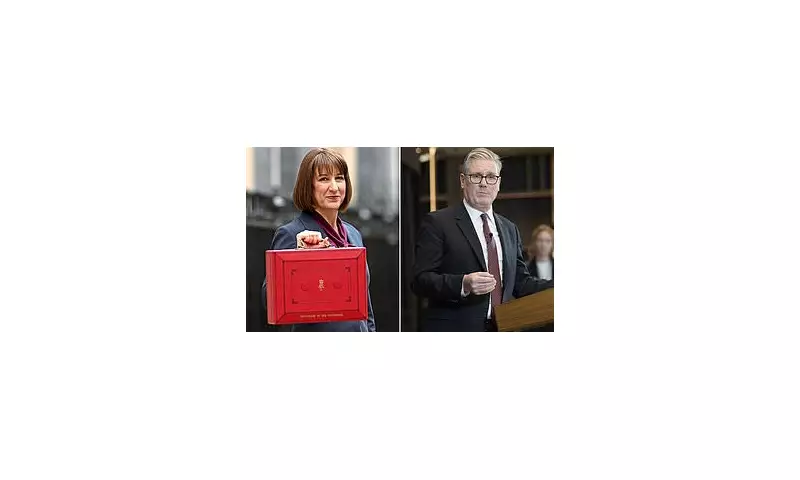
In a significant policy shift that will reshape Britain's economic landscape, Shadow Chancellor Rachel Reeves has confirmed that Labour will not pursue a one-off wealth tax if they form the next government. This revelation marks a dramatic departure from earlier economic proposals and signals Labour's move toward more centrist fiscal policies.
The Budget That Won't Be
Speaking exclusively to the Mail, Ms Reeves made it clear that her first Budget as Chancellor would not include radical wealth redistribution measures that some party members had anticipated. Instead, she emphasised practical economic management and fiscal responsibility as her primary objectives.
"When we set out our plans for a first Labour Budget, a one-off wealth tax is not something that we are considering," Reeves stated definitively, putting to rest speculation about aggressive taxation of personal assets.
Conservative Reaction and Political Fallout
The announcement has drawn immediate criticism from Conservative quarters, with Chief Secretary to the Treasury Laura Trott accusing Labour of planning "£38 billion of tax rises" despite the wealth tax exclusion. This sets the stage for a fierce battle over economic credibility in the coming months.
What Labour's Economic Plan Actually Includes
- No one-off wealth tax on personal assets
- Focus on economic stability and growth
- Targeted measures rather than broad wealth redistribution
- Commitment to fiscal responsibility
The Bigger Picture: Labour's Economic Evolution
This decision represents the latest step in Labour's journey toward the political centre under Keir Starmer's leadership. By ruling out what many considered a cornerstone of traditional left-wing economic policy, Reeves and Starmer are clearly positioning themselves as fiscally prudent alternatives to the current government.
The move also reflects Labour's awareness of voter concerns about economic stability and their determination to avoid Conservative attacks labelling them as tax-and-spend radicals.
What Comes Next?
With the wealth tax officially off the table, attention now turns to what specific measures Labour will include in their economic plans. The party faces the challenging task of balancing their progressive values with practical economic management while convincing voters they can be trusted with the nation's finances.
As the political battle over Britain's economic future intensifies, one thing is clear: the traditional lines of economic debate are being redrawn, and both parties are scrambling to define what post-pandemic prosperity should look like.





